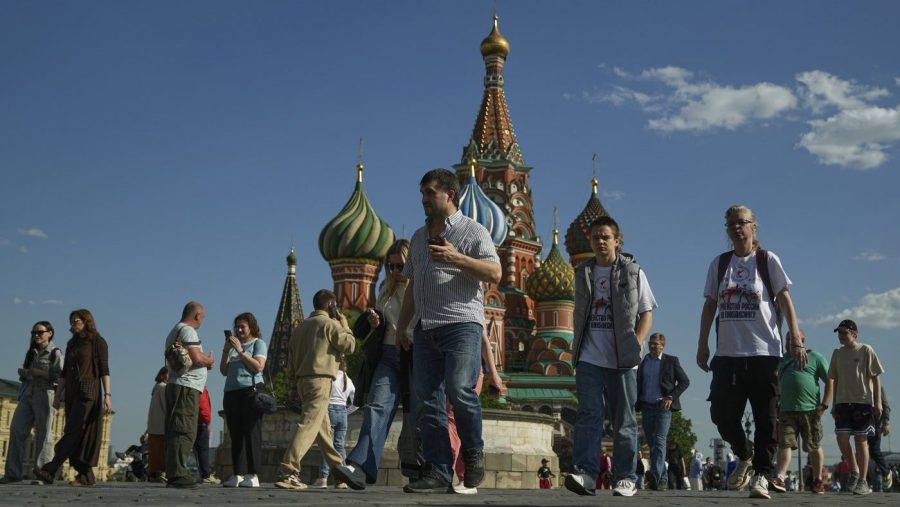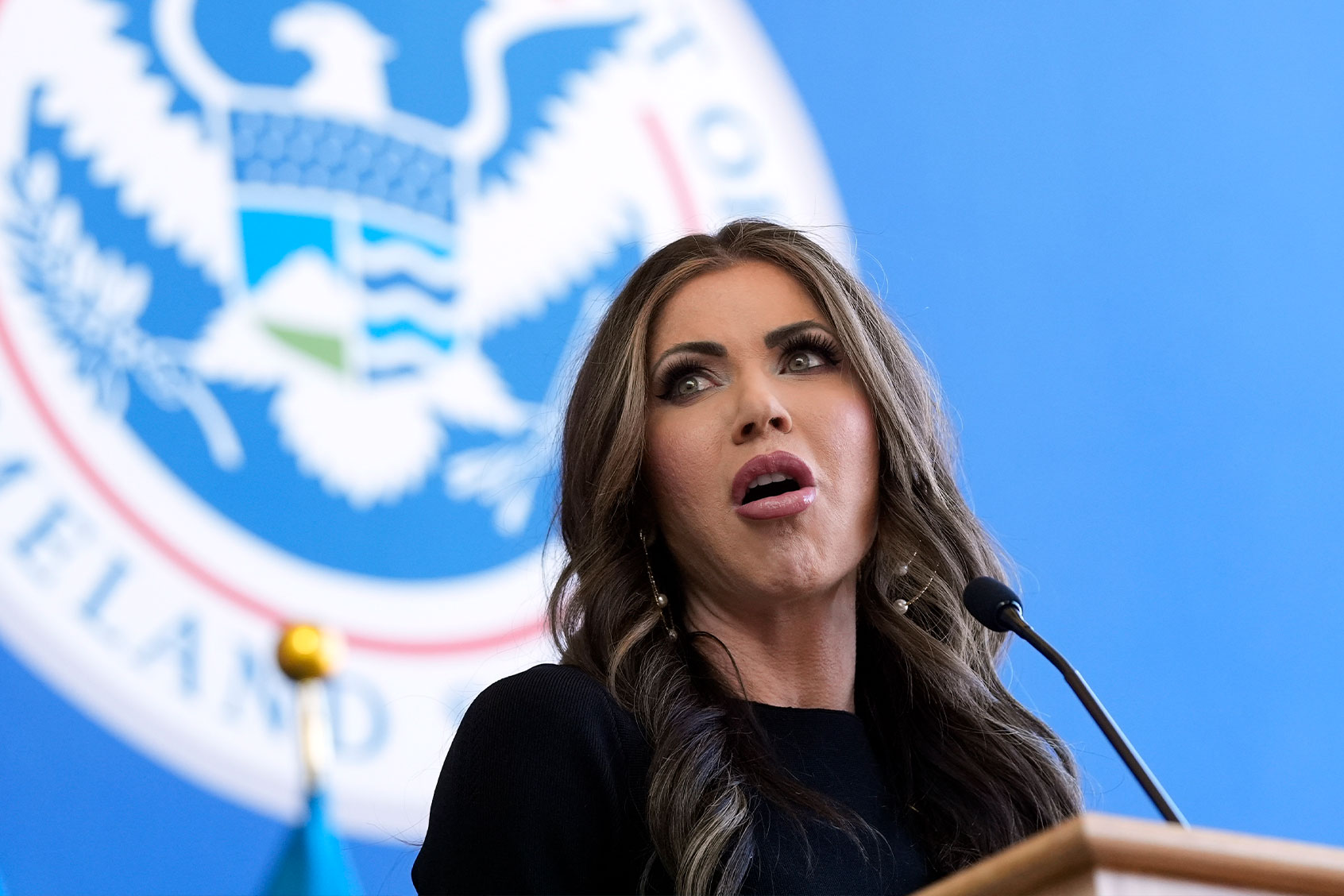
The Kremlin is actively working to frame what it terms “Russophobia” as a significant global threat. This initiative aims to portray negative perceptions of Russia as an irrational ideology that requires collective international opposition. Moscow’s efforts come amidst heightened tensions between Russia and several Western nations, particularly following the conflict in Ukraine.
Russian officials have intensified their rhetoric in recent weeks, labeling any criticism of Russia as part of a broader campaign of Russophobia. They argue that this mindset not only unjustly vilifies the country but also poses a danger to international stability. In a statement on March 10, 2024, the Russian Foreign Ministry emphasized that “Russophobia is a dangerous ideology that undermines global peace and security.”
This narrative contrasts sharply with the experiences of many countries that perceive their concerns about Russia as well-founded, particularly in light of military actions and geopolitical maneuvers. The Kremlin’s strategy seeks to shift the focus from its actions to the perceived irrationality of those opposing it.
International Response and Implications
Western leaders have largely dismissed the Kremlin’s claims as propaganda. They argue that the concerns regarding Russian aggression are rooted in real and observable behaviors, including military incursions into neighboring territories. As tensions escalate, NATO and the United Nations have reiterated their commitment to supporting countries vulnerable to Russian influence.
On March 15, 2024, NATO Secretary-General Jens Stoltenberg stated, “We must remain vigilant against any attempts to undermine our democratic values. Russophobia is a term used to deflect attention from Russia’s actions.” This response underscores the divide in perceptions between Moscow and its Western counterparts.
The Kremlin’s attempt to consolidate an anti-Russophobia narrative may also resonate within certain segments of the global community that feel marginalized by Western policies. Some countries, particularly those with historical ties to Russia, may be more sympathetic to its claims, complicating the international response.
Challenges Ahead for Russia
Despite the Kremlin’s efforts, it faces significant challenges in gaining traction for its narrative. Public opinion in many countries remains skeptical of Russia’s intentions, particularly following revelations about its military activities. Furthermore, the ongoing humanitarian crisis stemming from the conflict in Ukraine has generated sympathy for affected populations, reinforcing negative sentiments toward the Kremlin.
Analysts suggest that Russia’s focus on framing Russophobia as a global threat may ultimately backfire, as it risks alienating potential allies and solidifying opposition. The strategy reflects a broader trend of authoritarian regimes attempting to reshape narratives around their actions, often in an effort to gain legitimacy on the world stage.
As international dialogue continues, the question remains whether Moscow can successfully redefine the conversation around Russophobia or if its efforts will be met with increased skepticism. The world watches closely, aware that how this narrative unfolds could have lasting implications for geopolitical relationships and global security.






